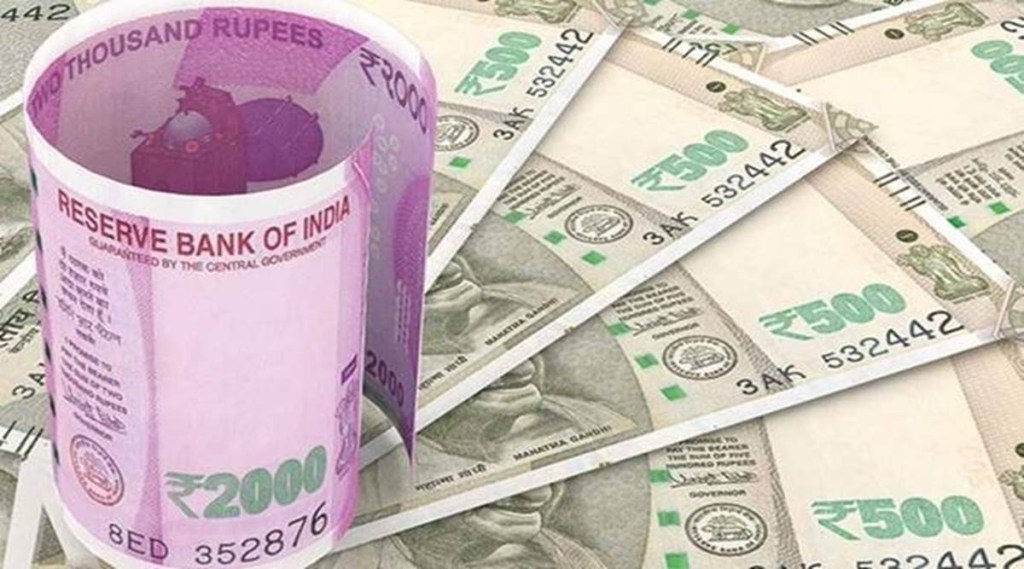The National Bank for Financing Infrastructure and Development (NaBFID), one of the key initiatives of the government to finance long-term infrastructure projects, is set to commence operations in the second quarter of this fiscal. “All systems are in place and the appointments of senior executives are being done. All these things should be finalised in a month-and-a half and it will be ready for operation,” a senior finance ministry official told FE.
Following an announcement in the FY22 Budget, the government brought in a law in March 2021 to set up the NaBFID, a development finance institution (DFI).
The DFI was envisaged to play a catalytic role in funding long-term projects, including those under the Rs 111-trillion National Infrastructure Pipeline. It will finance crucial projects from both private and public sectors. The government expects the NaBFID to raise as much as Rs 3 trillion over the next five years, leveraging the proposed initial equity capital of Rs 20,000 crore.
The government has also committed a Rs 5,000-crore grant over and above the proposed equity. It will fully own the DFI initially but, as more investors join in, it is willing to dilute its equity to 26%.
While the NaBFID alone can’t satiate the vast financing requirement of a country like India, the government believes it can play an anchor role on this front and its success could spawn many DFIs.
In October 2021, the government appointed veteran banker KV Kamath the chairman of the NaBFID for an initial term of three years. The DFI has already built a core team of 25 people and the process of selecting its managing director (MD) and other leaders to run the bank is on. In March, the eligibility criteria for the post of MD were slightly eased and the final date of submitting application was extended to March 25 from March 7. The Reserve Bank of India has stated that the NaBFID will be regulated and supervised as an all India financial institution by it.
The government has stipulated that at least half the NaBFID board will comprise non-official directors and the emoluments of top executives will be market-driven (for instance, according to the advertisement for seeking applications from potential candidates, the MD will have a compensation package of Rs 3.36 crore per annum). The MD and the deputy MD will have a relatively long tenure to enable them to work on their vision with proper implementation. The DFI will have tax benefits for 10 years and the government guarantee to secure funds.


